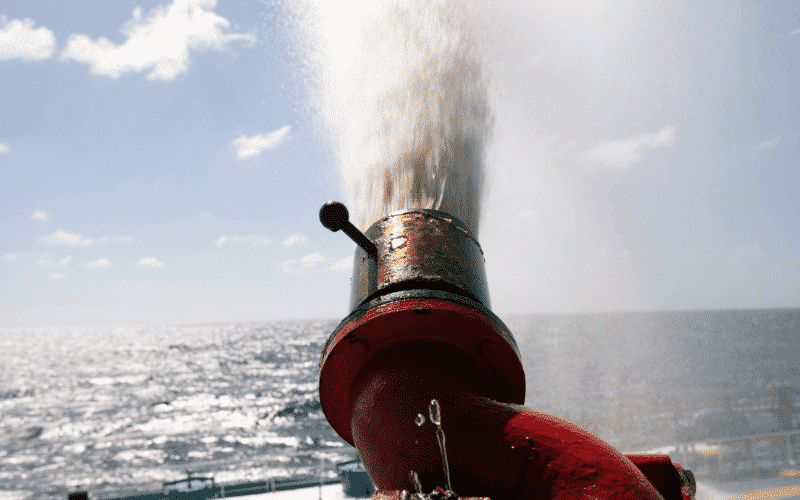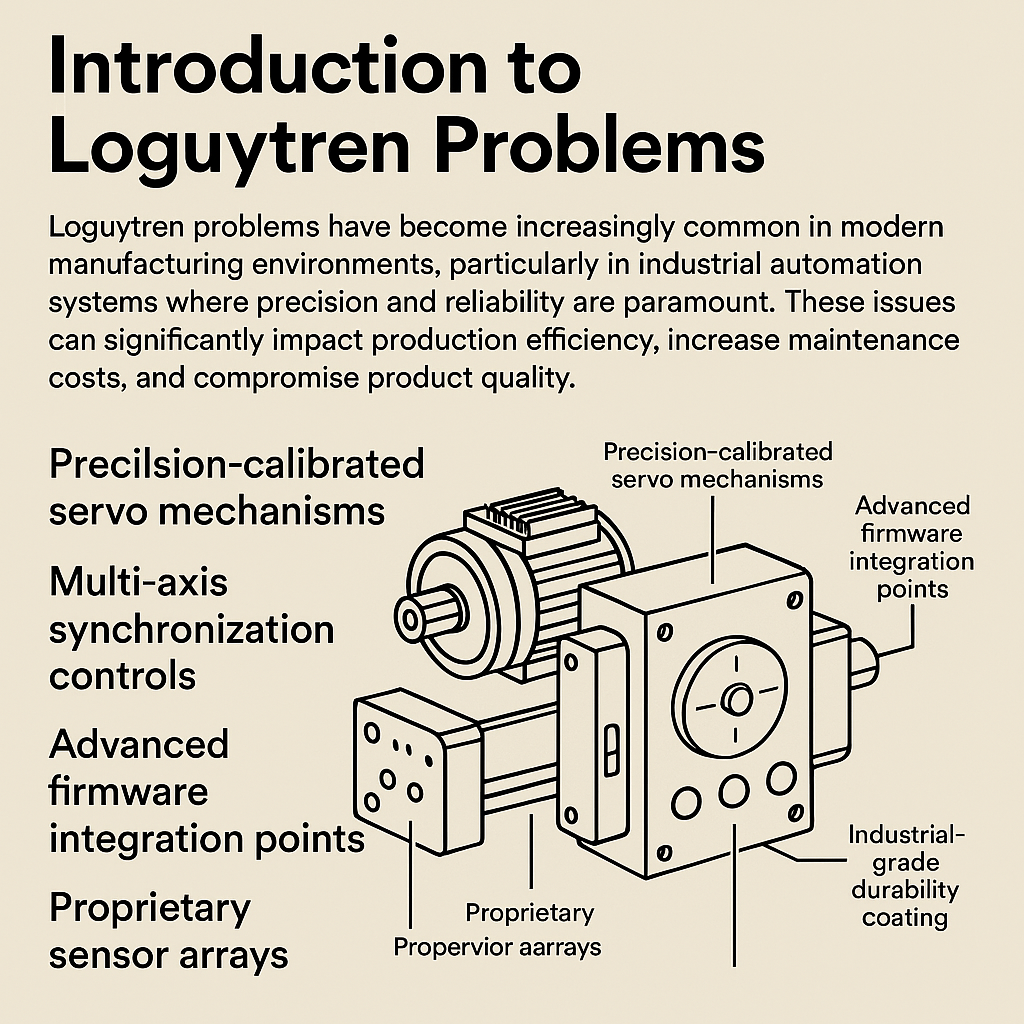
A ship can be damaged by fire if there is a fire on board. In addition to transporting flammables like oil and petrol, ships carry bulk cargo containing combustible materials.
Therefore, these ships need to be equipped with the appropriate appliances to contain fires before they spread uncontrollably. During a fire emergency, it is also imperative to determine whether all ships are fitted with the necessary fire-fighting appliances and meet all the necessary safety standards.
Fire pumps, fire hydrants, fire redundant bulkheads, fire hoses, and nozzles are some of the most commonly used fire fighting appliances aboard a ship. Portable fire extinguishers should also be readily available.
As a result of a catastrophic accident, the equipment helps in controlling a fire onboard a ship. The fire detection and alarm systems on each ship should also be upgraded and fully functional.
Effective fireproofing minimizes the escalation of fire that would occur with the failure of structural supports and the overheating of pressure vessels.
Nevertheless, we must ask how fire happens on board a ship in the first place. There is one simple explanation. Accidents on ships can lead to fires. Here are some of the most common causes of negligence that lead to fires.
Negligence is One of the Most Common Causes of Ship Fires
Mechanics Malfunctioning
Normally, there are many types of complicated and heavy machinery on ships, so fires occur a lot more frequently. Many of the most intricate machines and fuel pipes found in ships’ boiler rooms can be found in these enclosed rooms.
It is possible that a fire may occur simply as a result of a malfunctioning machine or a leak in one of the area’s several fuel pipes. Onboard fires can also arise from the leak of fuel that has accumulated in one place or from exhaust gases.
Lack of Training in the Crew.
Fire must have air, heat, and fuel in order to burn. Any fire can get out of control quite easily if there is negligence on the maintenance crew’s part. To deal with fire breakouts that may occur, the ship’s crew needs to be properly trained.
Ships should not discard flammable items as well. In addition to improper maintenance, boiler rooms and engine rooms are typically where fires occur on ships.
Using Outdated Firefighting Equipment
Extinguishers, for instance, are firefighting equipment that has no expiration date. However, as time passes, they lose their effectiveness. In addition to deteriorating with time, fire safety blankets don’t have a specific expiration date.
When old appliances are used, the fire can burn even worse, resulting in additional property and life damage. Fire fighting equipment aboard ships should therefore be regularly maintained and updated.
Fire-fighting Appliance Service and Maintenance

In case of fire, all the firefighting appliances and systems need to work instantly in case of spontaneous combustion. Fire-fighting equipment and systems should be serviced regularly in order to ensure their effectiveness.
Here are some steps for achieving the same:
● Quickly and Easily Access Equipment
In case of a fire, all fire fighting equipment and systems need to be functioning properly and easily accessible. An alternate firefighting system must be put in place if a firefighting system onboard a ship is being inspected or upgraded.
● Have an Inspection and Maintenance Plan for Ships
There must be a maintenance plan for the fire fighting equipment on board, which outlines how it will be inspected and maintained. The inspections should be performed by trained personnel following established guidelines, and a record of the inspection must be kept onboard.
● Periodic Inspections are Recommended
According to the equipment and system use, weekly, monthly, quarterly, annually, every two years, every five years, and every ten years must be performed.
For fire-fighting systems to operate correctly in the event of a fire, regular maintenance and service are crucial. The crew and passengers on the ship as well as the cargo can be protected by proper maintenance by minimizing any damage caused by the fire.
The SOLAS treaty has outlined specific requirements for fire-fighting appliances in order to meet these safety standards and provide seafarers with a common referencing point.



















